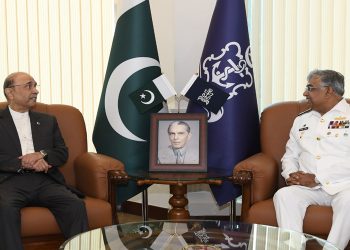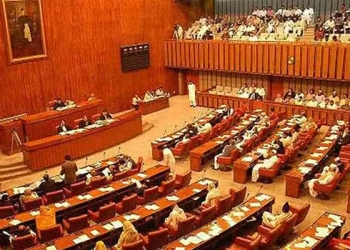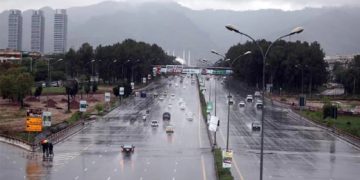In the year 2023, Pakistan faced severe economic challenges, and sadly, the prospects for improvement in 2024 seem quite bleak.
The major issue revolves around the elections scheduled for February 8, as per the announcement by the Election Commission. Western countries have emphasized that the elections must be free, impartial, and transparent for Pakistan. However, the question arises: Is this realistically achievable?
Assuming the elections are fair and transparent, the critical question is which political party will come to power. If the elections are engineered, as perceived from the perspective of the judiciary and the establishment, which party will gain power and why?
Despite the legal cases and allegations against the leadership of the Pakistan Muslim League-Nawaz (PML-N), the return of Nawaz Sharif to Pakistani politics and the discussions about making him the Prime Minister for the fourth time align with the interests of the PML-N.
The recent video of Jamshed Dasti and the court’s order to seize the properties of more than 50 suspects in the May 9 attack case indicate that the crackdown against the PTI, which began with a nationwide lockdown, is far from over.
PTI Chairman Barrister Gohar claims that 90% of the nomination papers of PTI candidates have been rejected, while candidates from other parties, including PML-N, have had their nomination papers accepted despite facing their own cases and allegations.
Former opposition leader in the Sindh Assembly, Firdous Shamim Naqvi, appealed against the rejection of nomination papers, leading to Justice Arshad Hussain of the Sindh High Court Tribunal recusing himself, and a new judge will be appointed.
The incident on May 9 has had significant negative impacts on national politics so far. The attack caused damage to important buildings and installations, injuring the reputation of various institutions, including the Pakistani military.
The most distressing aspect is that the May 9 events brought sorrow and pain to the families of the martyrs of the Pakistani military. As a nation, we face questions about our love for our martyrs that may linger for decades to come.
Whenever an individual sacrifices their life for a nation, regardless of the desire for recognition or praise, or the absence of a desire for badges of honor, the expectation remains that the nation will honor their sacrifice.
On the other hand, evaluating the operation against PTI, similar measures were taken during the tenure of former Prime Minister Shahbaz Sharif. Under the current government, the same momentum continues, reflecting the consistent approach to such operations.
In this context, various significant concerns arise about the future of the country. Can we hope for political stability in Pakistan in the coming days? And if not, when can we expect good news regarding the country’s better economic future and financial stability?










![This handout photo released by the IRGC’s official Sepah News Telegram channel shows smoke billowing from a site bombed by Israel in Tehran early on June 13, 2025 [Sepah News/AFP]](https://mmnews.tv/wp-content/uploads/2025/06/Israel-attack-on-Iran-1-350x250.jpg)
















